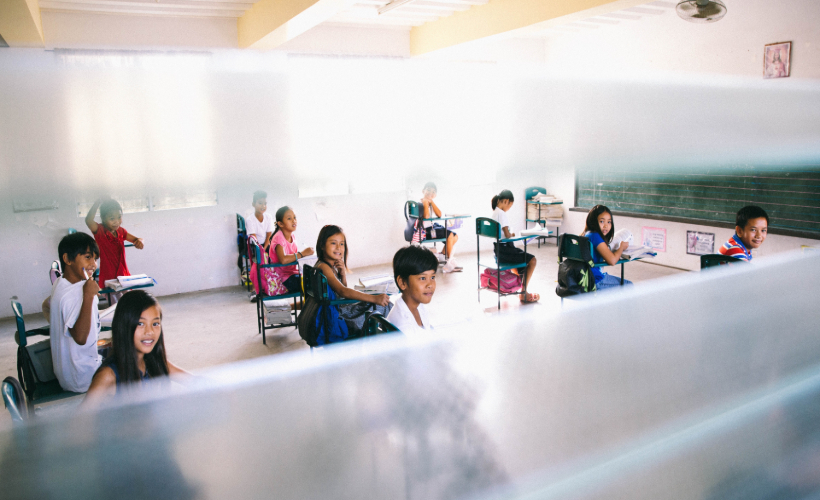
Teaching abroad can be the opportunity of a lifetime; one where you get to mix making memories with making a difference. The most important thing about teaching abroad is being sure to make the most of it. Assimilating to a new culture can be hard, and this article is here to try to help you get over the initial culture shock.
1. Be open-minded
People are different all around the world; it’s part of what makes travelling so interesting. A lot of practises, traditions, and food may be alien to you and you might feel uncomfortable with things at first. That said, one of the things that makes humans so successful as a species is our ability to adapt. However, culture shock is real, so it’s best to remind yourself to take your time and ease into it. You’ve been brave enough to take the first step out of your comfort zone, so don’t feel bad about being a little bit uncomfortable at first.
2. Understand that children are children
Speak to any person teaching abroad and they will tell you this — children are still children. There are good kids, mischievous kids, special kids, and kids who are perfectly in-between. There are children who listen intently to their teacher and those who’d rather listen to their peers at the back of a classroom.
Remember that teaching isn’t about whipping everyone into the same shape. It’s about understanding children for their differences and still being able to help them develop. This is not to say you should let disruptive students derail your lessons, but it’s your job to try to get them to participate. Delivering a good lesson, where all of the children are involved, can really make your entire experience.

3. Be flexible in the classroom
So, everyone tells you to plan out your lessons, and your training will ensure you have an idea of how every lesson will go before even setting foot in the classroom. Things don’t always work like that. Sure, you’ll have lessons that go exactly according to plan, and you’ll feel like the greatest teacher who’s ever lived, but real teaching is about learning how to be flexible and still teaching a great lesson. Humans are sometimes unpredictable, human children even more so. There’s no point in sticking with a lesson if it simply isn’t working. Be creative and find a happy medium in which the children can have fun.
In 2016, Zoé packed up her entire life and moved to Melbourne. She remembers being so ready to leave Malaysia. Moving felt like a brand new start. Needless to say, she was wrong.
What I Learned In My Gap Year Living Abroad
4. Be a tourist
When teaching abroad, you’re essentially a long-stay tourist, so be one! Seek out tourist spots (at least once) and familiarise yourselves with the most popular places in town. Tourist spots, despite being busy, are often held close to the hearts of a lot of the locals, who often maintain a lot of pride in these places.
Once you’ve covered the tourist spots, you’re in a better position to speak to the locals. My way of going about it was telling them, “Yes, I’ve been to all of the tourist areas, now I want to see what you do for leisure,” which leads me to my next point.

5. Be a local
This isn’t contrary to my last point, and just because you’re a long-stay tourist, it doesn’t mean you shouldn’t get involved with local activities. In order to really immerse yourself in another culture, you have to see where they go to eat, drink, and be leisurely. Often, this will be away from the tourist areas and will be a lot cheaper. Here, you’ll get to indulge in authentic local cuisine, socialise with locals, and find out what they really do for a good time.
6. Give the language a go
According to the writers and teachers at Original PhD, it’s the language barrier that separates the locals from the international teacher. If you put in an honest effort to learn the language, then people are always likely to treat you with respect. It’s always more respectful to try a new language and fail than to expect the locals to speak your language just because you do. There may be a few embarrassing moments for getting things wrong, but it’s said that a teacher should be just as good at learning as they are teaching.
7. Work hard and play hard
As long as your fun doesn’t adversely affect your ability to teach well and plan lessons, you should be trying to enjoy yourself as much as possible. Being consumed by work is something that can happen easily, so make sure to step away from the desk once in a while. You’re only working abroad for a brief period of time, after all.



